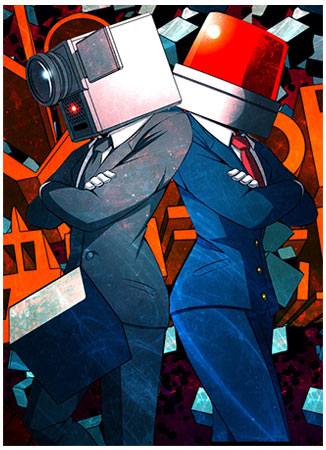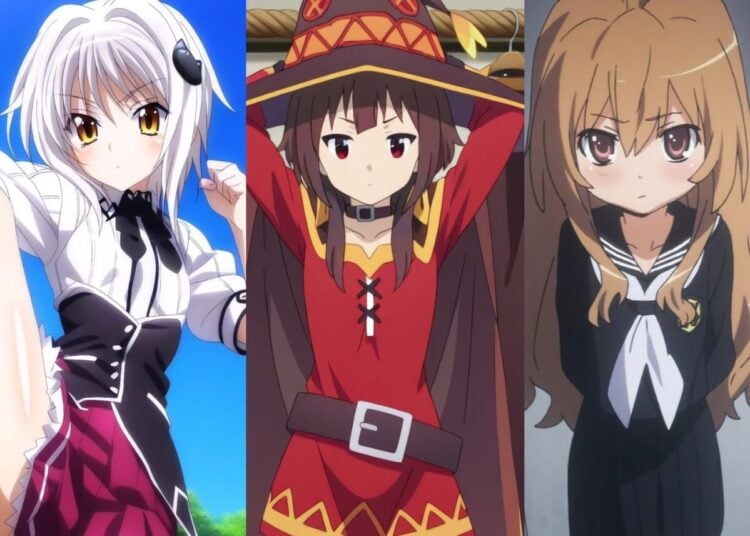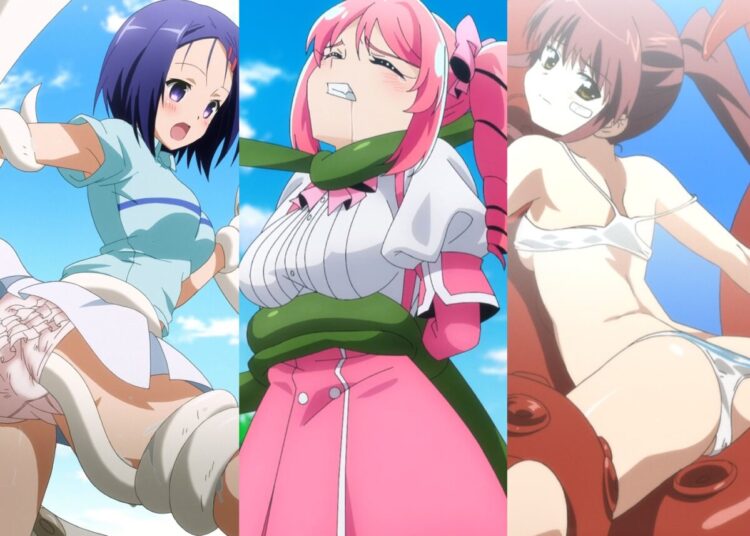One of the more interesting aspects of Japan is its free-spirited culture of doujinshi, which are comics and related works created by talented amateur artists that (usually) make use of copyrighted characters from series like Evangelion or Sword Art Online. While copyright holders are willing to turn a blind eye to doujin works being made of their properties, especially since virtually every Japanese artist from Tony Taka to Rumiko Takahashi got their start at the Comic Market, in other areas they can be surprisingly inflexible. Selling thousands of copies of self-published comics exploring the relationship between Mari and Asuka is just fine, but if I wanted to publish pictures of random cosplayers to my website I’m supposed to obtain written permission from the models plus whoever made the costumes, as well as the copyright holder of the anime properties in question, all of whom have the right to refuse. Permission is also needed for figure sculpting, even amateur garage kits. Japan has a “portrait right” law that says written permission must be obtained by anyone appearing in photos published or tweeted, and then there’s the small matter of downloading files being made punishable by a theoretical 2 year sentence, which has many fans here nervous. When you go see a movie in Japan, you’re shown a somewhat amusing anti-piracy advertisement called “No More Movie Thief” in which a man wearing a giant video camera on his head named Camera Man is illegally filming a movie inside a theatre, only to have his arch-nemesis Patlight Man show up and arrest him. Naturally these ridiculous characters have become a BL meme on Pixiv.

Japan tries “too hard” to protect some rights.














